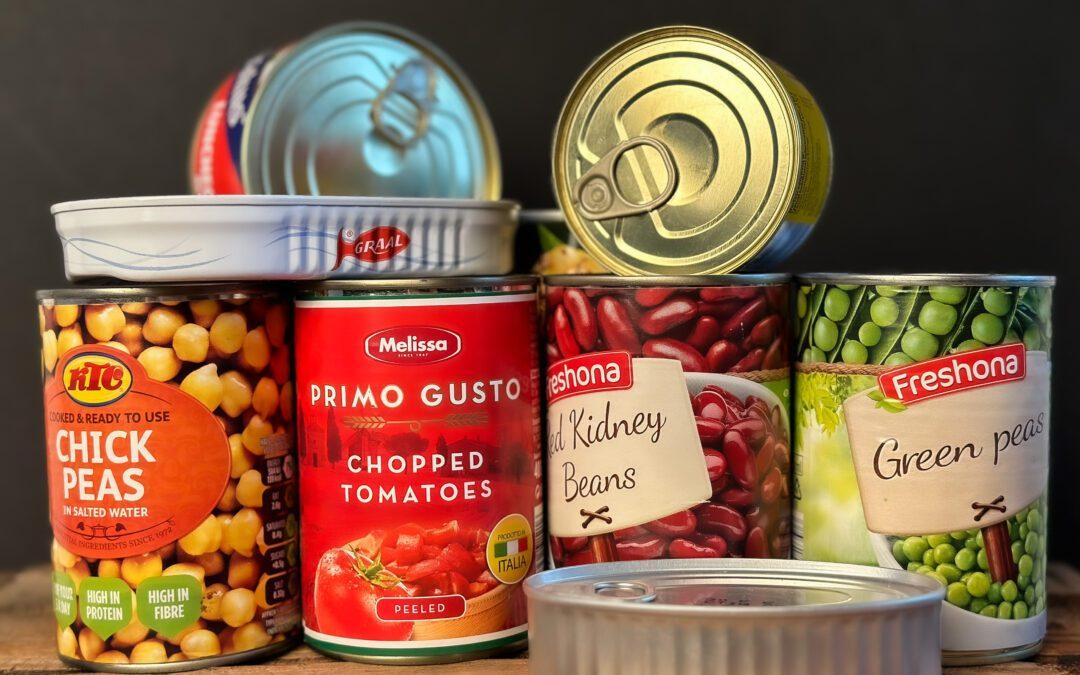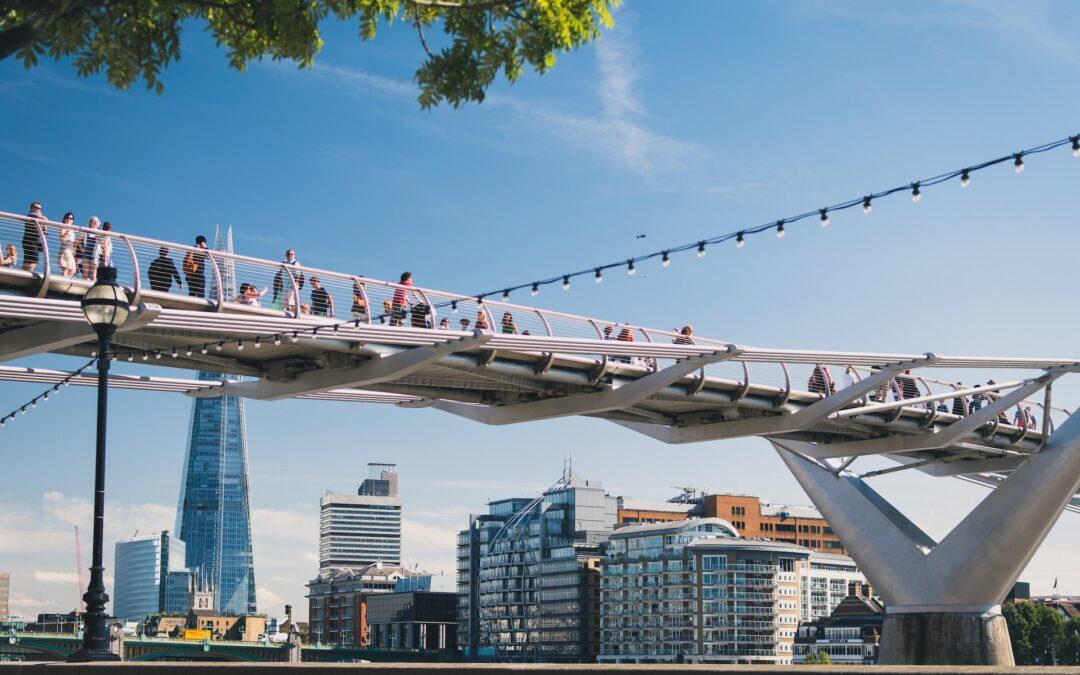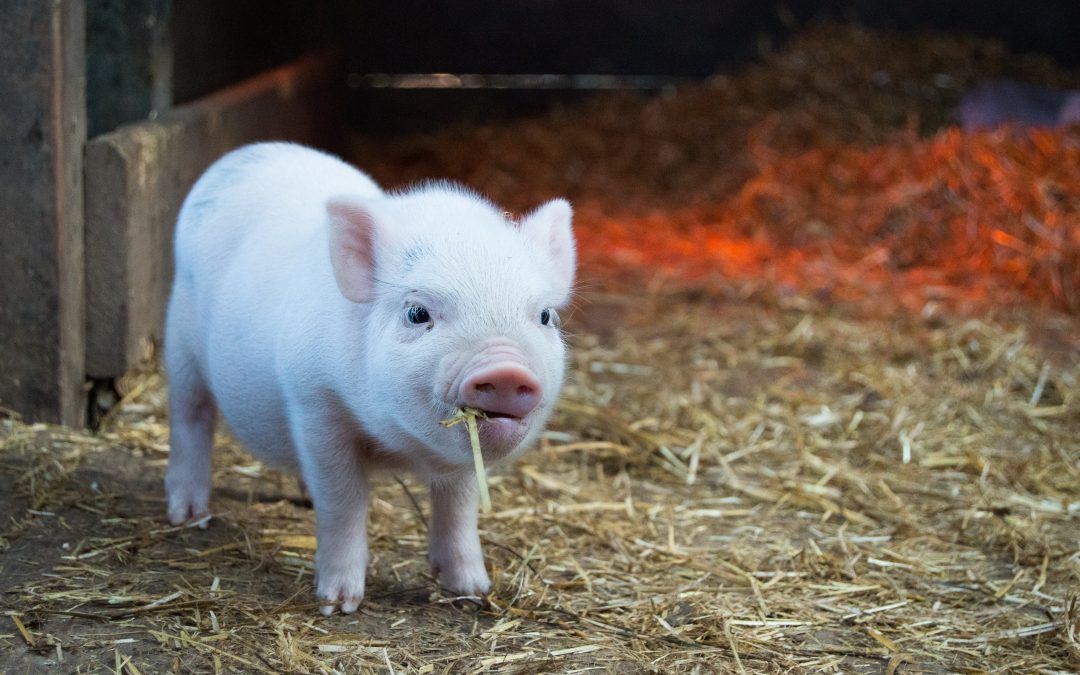Investing in a vending machine can be a lucrative venture for entrepreneurs looking to tap into the evergreen demand for convenient snacks, drinks, and various other products. The cost of vending machines in 2024 varies widely, depending on several factors such as the type of machine, its features, and the technology it employs. Whether you’re considering a simple snack machine for a local gym or a sophisticated coffee vending machine for a busy office, understanding the initial investment required is crucial for planning your business strategy.
The price range for basic models starts at around $3,000, while more advanced machines equipped with modern technology like touch screens and credit card payment capabilities can cost upwards of $10,000. The selection between new and used machines also plays a significant role in determining the overall cost. Additionally, potential business owners must consider ongoing expenses such as restocking, maintenance, and location fees, which are essential for the machine’s success. This cost guide aims to provide a comprehensive overview of what to expect when venturing into the vending machine business in 2024, helping you make an informed decision.
Vending Machine Purchase and Lease Costs
Navigating the financial aspects of acquiring a vending machine is a crucial step for entrepreneurs entering the vending machine business. The purchase price for a brand-new vending machine ranges from $3,000 to $7,000, with more sophisticated models, such as those equipped with advanced technology and features, exceeding $10,000. At the higher end of the spectrum, luxury vending machines, like the Moët & Chandon champagne dispensers, can command prices as high as $38,000.
For those seeking more budget-friendly options, the market offers used vending machines, with prices starting as low as $200, and mini vending machines from $300. For newcomers or individuals with limited capital, refurbished vending machines present an attractive choice, with prices ranging from $1,200 to $3,000, offering a balance between cost and reliability.
Opting not to purchase, leasing or renting vending machines is a viable alternative that comes with its own set of benefits, particularly for those looking to minimize upfront investments. One of the primary advantages of leasing is the alleviation of maintenance and restocking responsibilities, which fall to the vendor. Monthly lease rates vary, typically running from $50 to $150, with snack vending machines generally costing more than their soda-dispensing counterparts. However, it’s important to note that leasing agreements often require lessees to purchase stock exclusively from the leasing company, sometimes at premium prices.
For businesses with specific needs, customized vending machines are available but come with a significantly higher price tag, ranging from $10,000 to $300,000. These machines cater to unique product offerings or aesthetic requirements, providing a tailored solution for distinctive vending experiences.
License & Taxes Costs
The licenses or permits you will need largely depends on three factors: 1 where you live, 2 how many vending machines you have and 3 what products you will be selling in your vending machine. This license is most often one time only license which allows you to sell from multiple vending machines. In addition to the license, vending machine sales are taxed differently in different states.
Examples of license costs, fees and taxes for vending machines in selected states:
Arizona: There is no general vending machine license in Arizona. “Vending licensing requirements and vending rules change depending on the vending location and type of regulated vending activity.” The sale of products in vending machines is taxable. (source: phoenix.gov)
California: To start selling from a vending machine you will need a seller’s permit (with few exceptions such as a vending machine at a school bought by parent-teacher associations). In California most products sold from vending machines are normally taxed the same as products sold in a store. (source: www.cdtfa.ca.gov)
Massachusetts: In Massachusetts, it is mandatory to have a license from the Food Protection Program to operate a food and/or beverage vending machine. Application fee per 1 vending machine is $10. (source: www.mass.gov)
Texas: When earning from vending machines in Texas, you will have to pay the following taxes: General Business Fee (different rates for owners up to 50 ($400), up to 200 ($800) and over 200 machines ($1,000). Each machine must also obtain a Registration Certificate Fee (cost $1000) and occupation tax permit (60$ annually). Also, a $1000 import license fee will be required for importing machines from outside Texas. Vending machine sales are also subject to sales tax (source: comptroller.texas.gov)
Vending Machine Operational and Maintenance Expenses
Incorporating a detailed breakdown of operational and maintenance expenses into your business plan is essential when you decide to own a vending machine. This section outlines the various costs you’ll encounter to keep your vending machine business running smoothly.
Maintenance and Repairs
On average, the monthly maintenance cost for a vending machine, which includes servicing, repairs, and electricity, ranges from $50 to $100. The maintenance expenses largely depend on the complexity of the vending machine; more advanced models typically incur higher costs. Regular upkeep is crucial to minimize breakdowns and extend the machine’s lifespan. For new vending machines, repair costs tend to be lower initially due to the common inclusion of a one to two-year parts warranty.
Restocking Costs
The cost of restocking your vending machine varies significantly based on the types of products you offer. Monthly restocking expenses can range from a few hundred dollars for standard snacks and beverages to several thousand dollars for premium or high-cost items. Efficient inventory management and product selection tailored to your target market can help optimize these costs.
Space Rental Fees
Securing a prime location for your vending machine often involves renting space, which is another critical cost factor. The typical commission paid to the location host averages around 7%, although this can vary based on factors such as the number of vending machines you operate and their physical sizes. Negotiating favorable terms and selecting strategic locations are key to maximizing profitability while managing rental costs.
Understanding and managing these expenses effectively is vital for the success of your vending machine venture. By carefully planning for maintenance, restocking, and rental fees, you can ensure a more predictable and profitable operation.
How Much Do Vending Machines Make?
Earnings from vending machines vary greatly depending on the products sold and the location.
On average, vending machines generate between $35 and $300 of revenue per machine per month in the US.
Little experienced vending machine owners often earn around zero to $50 per month. On the other hand, vending machines in the best locations that are well stocked often make over $1,000 per month. The best of the best vending machines located in ideal places are able to earn even more than $10,000 per month (e.g. a machine located in a hotel or in front of the entrance to a large office building).
(sources: Hustle.co, getFutura.com)
What You Should Know About Vending Machines Business?
- Beverages are the most popular product sold in vending machines. The U.S. Chamber of Commerce reports that bottled water, soft drinks and other beverages make up about one-third of all vending machine sales. (source)
- The right location is the key to a successful vending machine. Your machines must be located where people will most need the products they sell. For example protein bars, energy drinks and other gym accessories will sell perfectly near a gym and toys and sweets will sell perfectly near schools and playgrounds.
- One of the most profitable types of vending machines are those placed in high-traffic areas devoid of shops. Vending machines, being smaller than shops, can be situated in numerous such locations. This enables vending machines to monopolize the sale of goods in a given area, making them highly profitable. They thrive notably in parts of airports, train stations, crowded bus stations, offices, and educational spaces. To discover more about the best locations for vending machines, check out our article where we’ve compiled the top 100 most profitable vending machine locations.
- Hot food and sandwich machines usually make the best profits in business environments, schools, and universities.
- The most expensive vending machine in the world sells luxury cars. It is Singapore-based Autobahn Motors.
Buying vs. Leasing – Which One is Better?
Deciding between buying and leasing a vending machine involves a careful evaluation of the inherent merits and drawbacks of each approach. Purchasing a vending machine outright offers distinct advantages. Ownership translates to full control, eliminating ongoing lease payments. This autonomy enables customization, allowing operators to select products and set prices according to their preferences. Yet, this ownership model demands a substantial upfront investment, potentially straining initial capital.
On the flip side, leasing presents an appealing alternative. Leasing a vending machine requires minimal upfront costs, easing the burden on immediate finances. This avenue often includes maintenance and servicing, relieving lessees of additional expenses and logistical concerns. However, leasing entails ongoing payments over the lease period, accumulating costs that may surpass the machine’s actual value.
When dissecting the cost implications, buying necessitates a significant initial outlay, but long-term savings may outweigh this initial investment. Maintenance and repair costs usually fall under the owner’s responsibility but can vary widely depending on machine usage and quality.
Conversely, leasing involves manageable initial costs but implies continuous payments over the lease term, potentially accumulating to surpass the machine’s outright purchase cost. Additionally, limited customization options may restrict revenue potential.
Ultimately, the decision hinges on individual circumstances and priorities. Those seeking control and long-term savings might favor purchasing, albeit with a substantial upfront investment. Conversely, individuals prioritizing flexibility and manageable initial costs might find leasing a more viable option.
If you are thinking about a vending machine business, then be sure to check out this article explaining 75 unique ideas for a profitable vending machine business.
75 TOP Vending Machine Business Ideas
In this article, we have compiled 75 most profitable and popular vending machine business ideas for 2024. The key to success in this business
– Disclaimer –
The data presented in this article was determined through research conducted by BusinessNES. Before you begin your vending machine adventure, familiarize yourself with the local laws in your state and estimate the costs you will incur in the location where you want to sell goods from vending machines. These costs may vary slightly from those outlined in this article.
Read also: Are Vending Machines a Good Investment?
Do you have experience with running a vending machine business? Share your knowledge with us in the comments below!
Recommended Articles

100 Top Selling Canned Food Products List
In this comprehensive guide, we've brought together a definitive list of the 100 top-selling canned food products, showcasing a variety of staples...

Best Business Ideas Near School – TOP 30 Ideas
In this article, we showcase the top business ideas for establishing ventures near schools. Schools are bustling hubs where students' diverse needs...

TOP 100 New London Business Ideas for 2024
In the heart of the United Kingdom, London's business landscape is witnessing a remarkable transformation. The year 2024 has ushered in a wave of...

Is Pig Farming Profitable Business? 2024 Market Analysis
If you want to know if pig farming is profitable business you've come to the right place. In the following article we present detailed information on the profitability of pig farming. In preparing this article, we have thoroughly researched whether pig farming is...

30 Jobs That Will Be Safe in AI & Robot World
In this article, we will explore 30 jobs that will be safe in the AI and robot world. These jobs span a range of industries and sectors, from healthcare and education to finance and engineering. We will examine the skills and knowledge required for these jobs, as well...
Most Read
40 Most Popular Types of Restaurants & Eateries
In the following article we have prepared a summary of the most popular, most important and most profitable types of restaurants. Depending on the location and competition, these types of restaurants can be very profitable business ideas and a great investment. In...

40 Most Important Types of Robots
Robots have revolutionized the way we interact with technology and have a profound impact across various industries. From manufacturing floors to the vastness of space, these mechanical marvels are changing the face of innovation and efficiency. The world of robotics...
30 Types of Clothing Stores – Shop Definitions & Examples
In this article, we have compiled a list of the 30 most common types of clothing stores. At first glance, it might seem that a clothing store is simply a place where clothes are sold, suggesting that there wouldn't be many variations among them. However, the reality...
Best Business Ideas Near School – TOP 30 Ideas
In this article, we showcase the top business ideas for establishing ventures near schools. Schools are bustling hubs where students' diverse needs create numerous opportunities for purchases before, during, and after school hours. Many of these needs can be...

